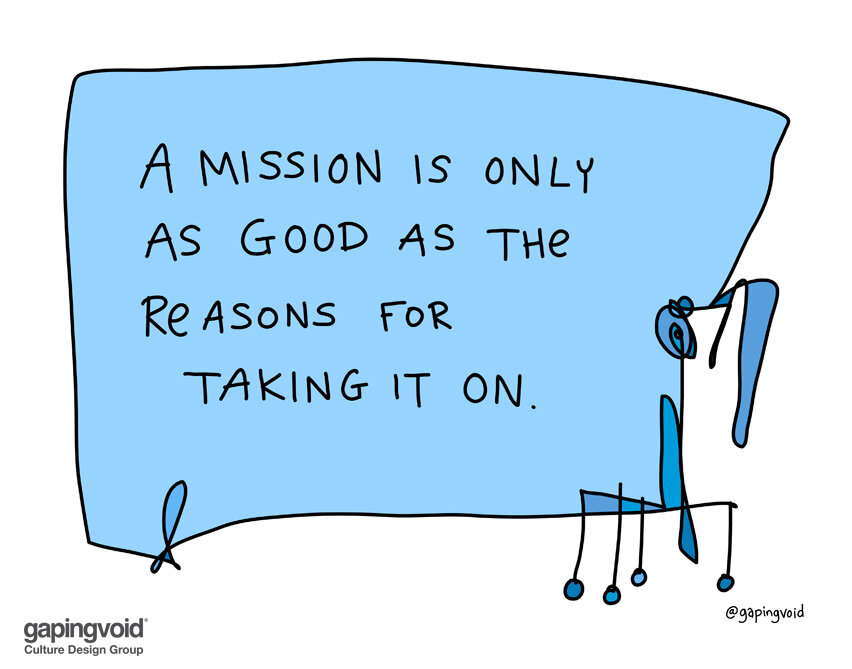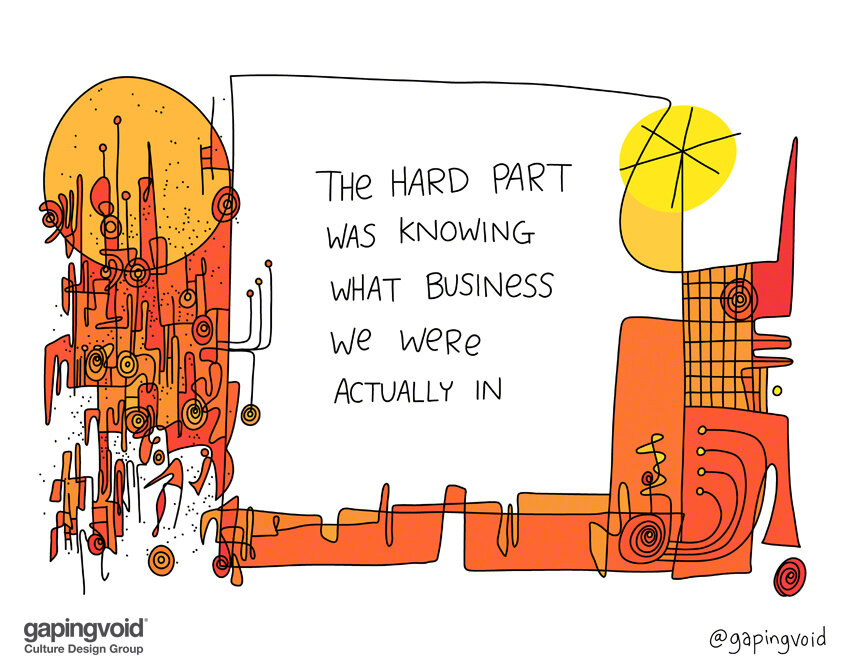The Anatomy of Goal Setting, Featuring David Perell
When I was a teenager, Dad made us set goals as a family on New Year Day. I hated it. Decades later, I’m still doing it. As a forced fan of goal setting, David Perell’s 2021 review is a marvel. Here are the highlights:
He begins with what he’s grateful for.
His goals are objective-and-key-result-oriented (OKR), not SMART (footnote 1 & 2).
He shares his analysis in public (footnote 3).
There’s no judgment. It’s tempting to dismiss missed goals; David learns from them.
He abandons goals that stop making sense. For example, he gave up on writing 120,000 words because it created the wrong incentives.
He experiments with and stacks goals. Perell experimented with YouTube in 2020. He stacked a new OKR on his 2021 set based on what he learned (40,000 YouTube subscribers). (footnote 4).
He exemplifies polymathic curiosity. David’s 2021 goals cover writing, YouTube, plane-flying, tennis, focus, family, design, philosophy, angel investing, podcasting, religion, revenue, process, fitness, and prolificness. In that order.
He writes down what he wants to improve in 2021.
He reminds himself to ruthlessly eliminate hurry.
He celebrates wins.
He ponders big open questions.
Read the article here. Happy goal-setting season!
FOOTNOTES
(1) On OKRs, from Measure What Matters:
Now, the two key phrases . . . are objectives and the key result. And they match the two purposes. The objective is the direction: “We want to dominate the mid-range microcomputer component business.” That’s an objective. That’s where we’re going to go. Key results for this quarter: “Win ten new designs for the 8085” is one key result. It’s a milestone. The two are not the same. . . .
The key result has to be measurable. But at the end you can look, and without any arguments: Did I do that or did I not do it? Yes? No? Simple. No judgments in it.
Now, did we dominate the mid-range microcomputer business? That’s for us to argue in the years to come, but over the next quarter we’ll know whether we’ve won ten new designs or not.
(2) The Difference Between SMART Goals and OKRS:
SMART goals, however, are a list of principles to guide crafting an objective alone - with no particular focus on key results or tactics. SMART goals provoke the question “what is the goal?” Yet OKRs ask “what is the goal and how do we get there? Objectives and key results should connect like puzzle pieces, with the intent being that if the objective were to be reached, the key results must also be achieved. Therefore, there is an added layer of accountability for reaching the objective.
(3) Read The Practice about sharing in public.
(4) I made up the term “goal-stacking.” It’s the idea of adding new new categories of goals as you learn from one year to the next. For example, most people repeat a goal about their fitness every year. Stacking is when you add a new category of goal, like YouTube subscribers.




